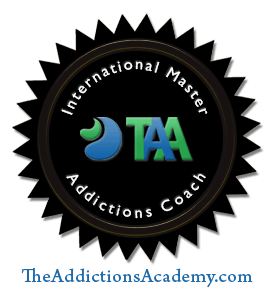Professionals and Addiction - Unique Challenges
Unique Challenges of Addiction Among Professionals
Professionals struggling with addiction face distinct challenges that often begin before entering the workforce and intensify throughout their careers. Alongside the life experiences that typically underlie addiction, professionals encounter added pressures that can enable addictive behaviors to thrive. For many, the roots of addiction trace back to childhood, a reality that holds for professionals.
From a young age, many professionals feel immense pressure to succeed. This pressure may be self-inflicted or imposed by parents, siblings, and peers. Some were competitive and goal-oriented children, driven by internal demands for perfection. Others endured external expectations that stimulated self-critical thinking, particularly in moments of failure. These pressures often damage self-esteem, laying the groundwork for addictive thinking. To cope, quick fixes like drugs, alcohol, and pornography can become reliance mechanisms, persisting and intensifying well beyond initial exposure.
As competition escalates along the academic path, the pressure to succeed grows exponentially. During college, the stress of vying for graduate school admission and managing demanding workloads leads to isolation and opportunities to escape through unhealthy coping mechanisms such as blowing off steam with substances or retreating into an internet fantasy world. For the select few who reach graduate school, these pressures culminate in long hours of study, potential self-doubt, and worsening addictive behavior.
Upon entering the workforce, professionals face even greater demands, including long hours, career advancement pressure, and responsibilities to clients or patients. These challenges further entrench addictive behaviors, compounding their intensity over time.
The Double Life of Addiction
Professionals often feel compelled to battle addiction in isolation, fearing that revealing their struggles could jeopardize their careers or reputations. Workplace regulations and professional ethics are perceived as unforgiving, adding to the stigma. The image of confidence and control, essential in their interactions with clients or patients, conflicts with the reality of addiction.
This tension often leads to living a double life: projecting trustworthiness and success by day while managing depression, anxiety, and self-loathing through chemicals or addictive behaviors at night. The smarter the professional, the more elaborate the rationalizations become, tightening the addiction's hold:
"I’m a doctor; I know all about addiction and can control it."
"I know how to use and avoid getting addicted."
"I don’t have a problem—I function perfectly during the day."
"I have to figure this out myself; seeking help would cost me everything."
These rationalizations can sustain the double life for decades, yet this precarious balance inevitably collapses, often with catastrophic consequences.
Hope Through Recognition and Treatment
Professionals have much to lose from addiction. The careers they built through years of rigorous education and dedication can vanish in an instant. Yet gradually, licensure boards are recognizing that therapy and recovery programs serve both professionals and their professions better than punishment or license removal.
Most states now offer specialized programs through medical boards and bar associations to treat addiction and monitor recovery. Early identification and intervention can protect not only careers but also lives.
For more information about resources in your state, explore the following:
Help for healthcare professionals: Federation of State Physician Health Programs
Help for attorneys: American Bar Association
